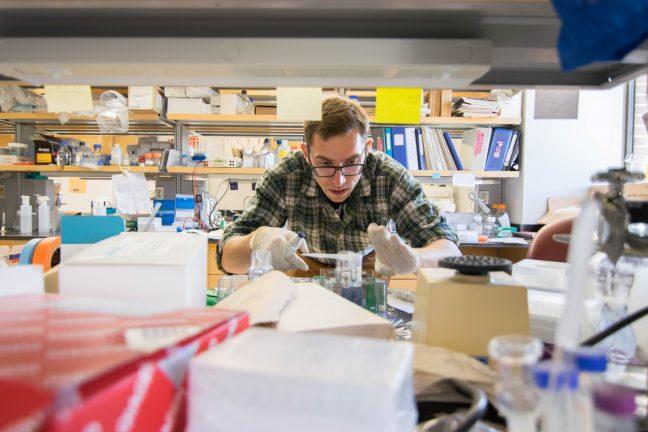The amount of data accumulated since the start of the pandemic in March 2020 continues to grow along with COVID-19 deaths and vaccination rates. Data in regards to COVID-19 can be about numerous consequences of the virus — including infection rates, death rates and hospitalization numbers, all of which can vary by state, county or even race. While it is important to use this information to understand how different communities and regions are impacted by the pandemic, experts emphasize taking into account the systemic factors that affect various populations.
An article from The Guardian talks about a gene scientists have identified which may be a factor in increased risk of COVID-19 death among certain populations. The gene, called LZTFL1, was found to drastically increase chances of respiratory failure and ultimately death when an individual is exposed to the coronavirus.
The gene was primarily linked to people of south Asian descent — up to a staggering 60% of the population — a reason why this population has seen higher death rates from the virus, according to The Guardian.
UPDATED: FDA authorizes booster shots for Moderna, Johnson & Johnson and mixing vaccines
Though, there are numerous factors that play into why an individual dies from COVID-19, and not everyone agrees that it is necessarily fair to assign genetics as the sole cause of COVID-19 complications and related deaths.
Ajay Sethi is a population health sciences professor and researcher in the broad field of infectious diseases at the University of Wisconsin. He said the learning about all factors that contribute to different COVID-19 responses in people is crucial.
“Understanding the genetics of infectious diseases can lead to new therapeutics and tools to screen people, something the authors mention in their original research,” Sethi said. “It would be important to have a better understanding of who is at higher risk for infection or severe illness and who may be protected from these things.”
An article from the CDC talks about potential reasons other than genetics that increase risk for COVID-19 deaths specifically in racial minority groups. Lack of access to proper healthcare, living below the poverty line and working in professions deemed essential in the height of the pandemic are all factors that contribute to higher COVID-19 cases and death rates, according to the CDC.
UW’s Science Writer in Residence cautions journalists about obligations during pandemic
“We can work on alleviating the systemic factors that lead to greater risk of SARS-CoV-2 infection, COVID-19 illness, and death — and we should also gain a better understanding of the complex biology of this disease to help society better manage the pandemic in the future” Sethi said.
While genetic factors are important to learn about to gain a deeper understanding of potential treatments and preventions, addressing systemic pitfalls is equally important in the fight against the pandemic.


















